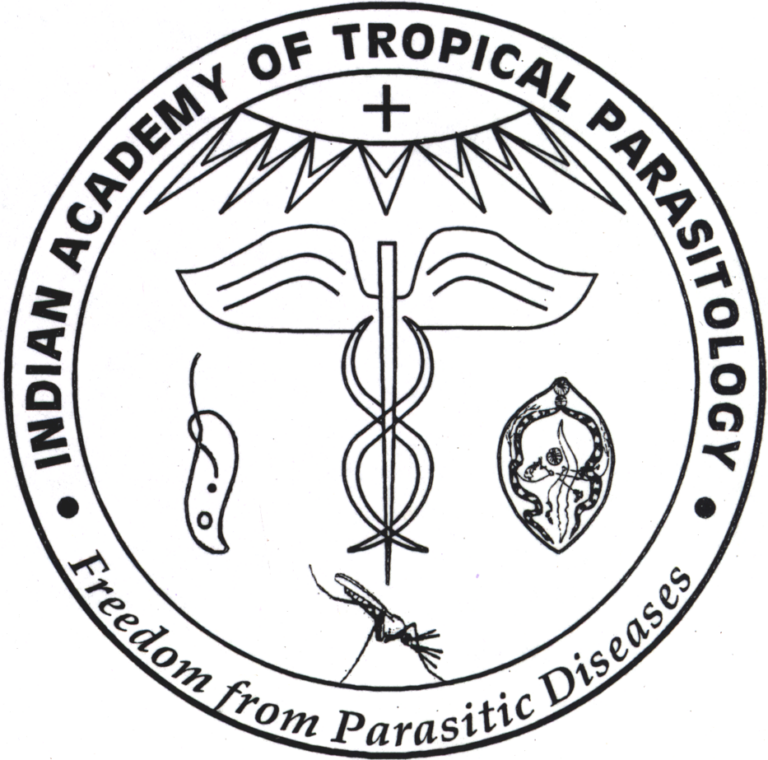The third scientific session was chaired by Dr. Manodeep Sen and Dr. Prerna Kapoor.
Dr. Gopal Nath, Professor and Head, Department of Microbiology, IMS, BHU, Varanasi: Dr. Gopal Nath delivered a lecture on: “Anticestodal effect of Mallotus philippinensis (Lam.) Muell Arg. Fruit glandular hair extract on protoscolices of Echinococcus granulosus and intestinal cestodes in animal model”. He delivered the lecture on his investigation of new scolicidal agents from natural resources to cope with the side effects associated with synthetic drugs in Echinococcosis. He described the scolicidal potential of methanolic fruit powder extract.
Dr. UC Ghoshal, Professor, Department of Gastroenterology, SGPGIMS, Lucknow: Dr. Ghoshal presented a “Clinical Case Discussion”, in which he presented four interesting clinical cases and emphasized special investigation on the stool confirmed the diagnosis of small bowel diarrhea, histopathological examination of duodenal biopsy for the diagnosis of malabsorption syndrome.
To promote research in young scientists, a Junior Best Paper and a poster session were also organized. The best oral paper award was shared by Ms. Asmita Dey and Hargobinder Kaur. The best poster prize was given to Dr. Vidhi Jain.
Dr. Ujjala Ghoshal also announced “Smt Radha Mukherji” travel grant award from the next meeting onward
Workshop on “Conventional and Molecular Methods for the Diagnosis of Intestinal Opportunistic Parasites”
A whole-day workshop on “Conventional and Molecular Methods for the Diagnosis of Intestinal Opportunistic Parasites”, was organized with a focus to impart hands-on experience on the Conventional and Molecular-based newer diagnostic methods to develop a rational approach towards detection and characterization of opportunistic parasites. The workshop was aimed at a practical demonstration to participants on the diagnosis of parasites like Cryptosporidium, Isospora, Cyclospora, and Microsporidium by the conventional technique of microscopy tests. It also included the demonstration of molecular methods like polymerase chain reaction-restriction fragment length polymorphism (PCR-RFLP) for their identification and characterization. The workshop was very useful for all participants and it allowed them to exchange ideas and discuss problems with the experts. Moreover, the information provided would help them standardize the techniques in their setup to provide better
patient care.



